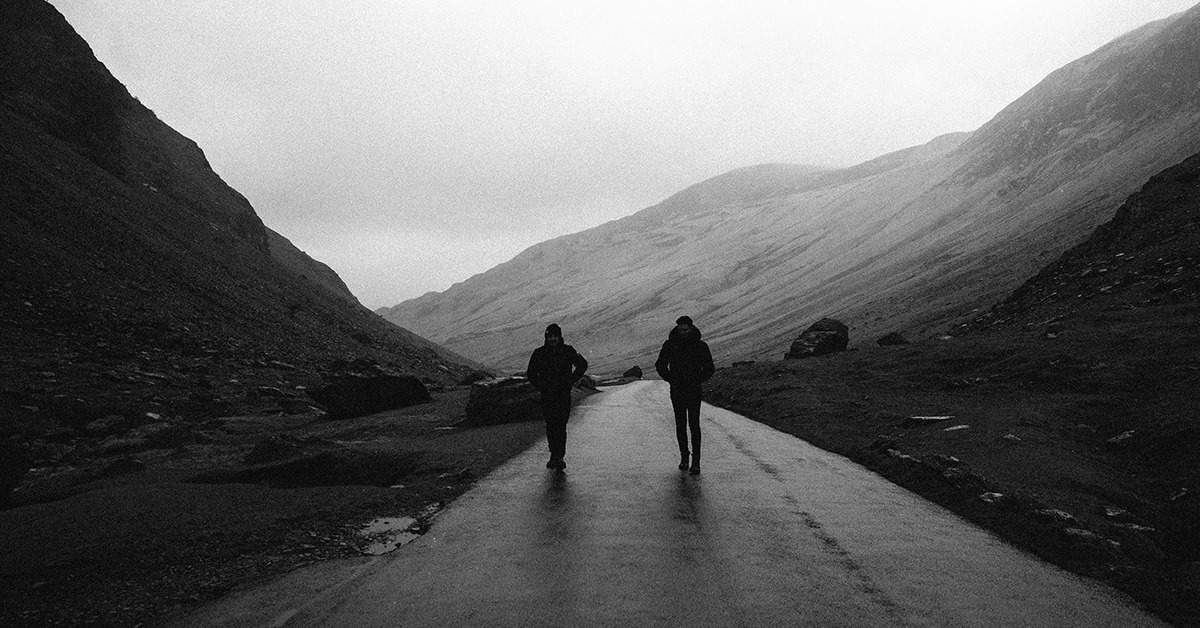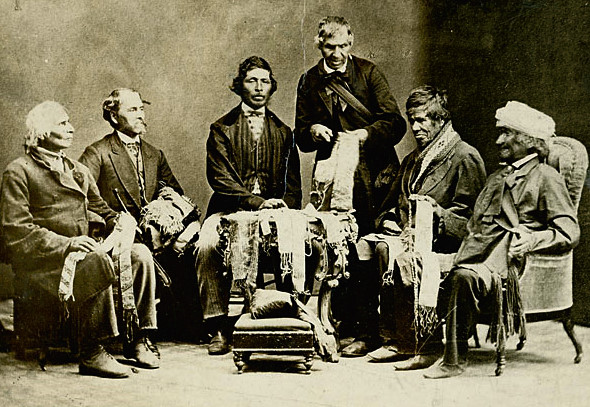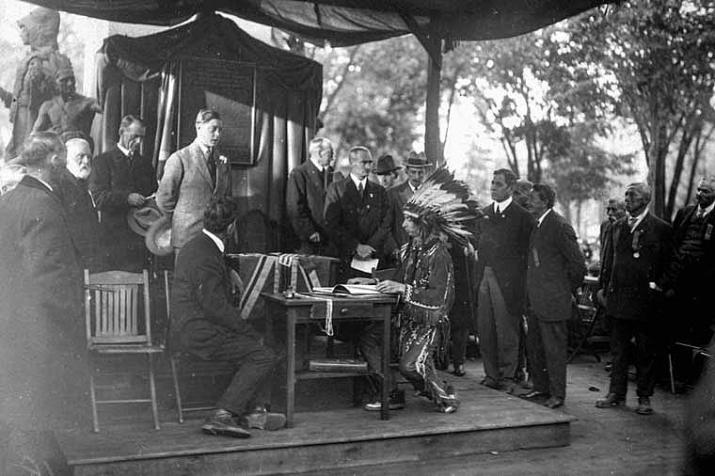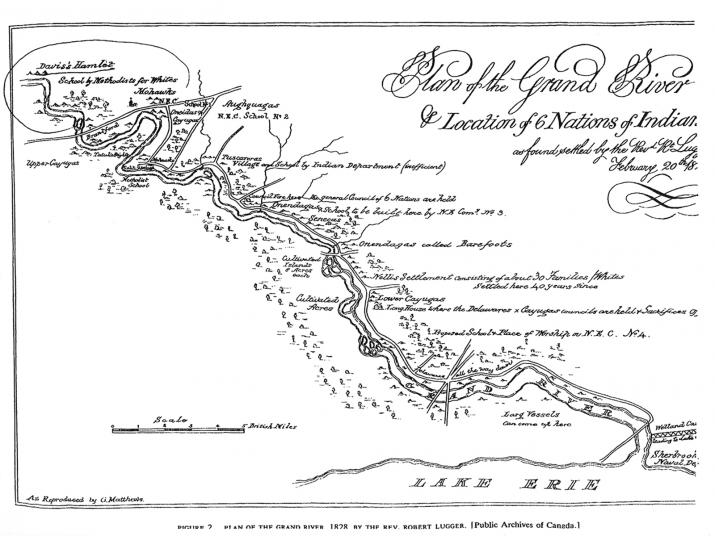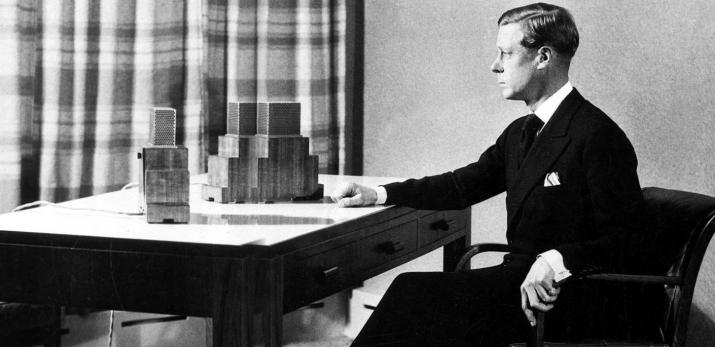
In any legal situation, communication is the key to reducing confusion and resolving problems quickly. This principle applies to Ontario municipal councilors who must balance their duty to the municipality with their duty to the people they represent under the Municipal Act while negotiating in good faith with Ontario on behalf of the Grand River Mohawk legal posterity. This piece explains what trustee de son tort means, why Ontario municipal councilors should understand it, and how it affects current land developments and the Grand River Mohawk legal posterity negotiations.
What is a Trustee de Son Tort?
A trustee de son tort is someone who has illegally encroached on another person's property. In Ontario, municipal councilors may be at risk of ...

